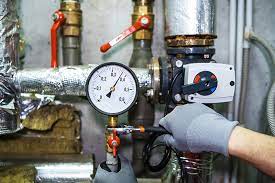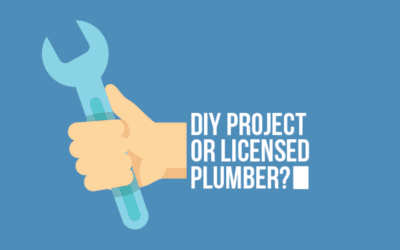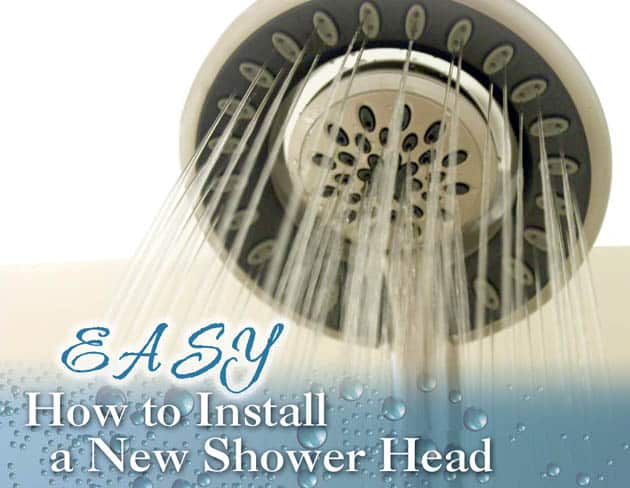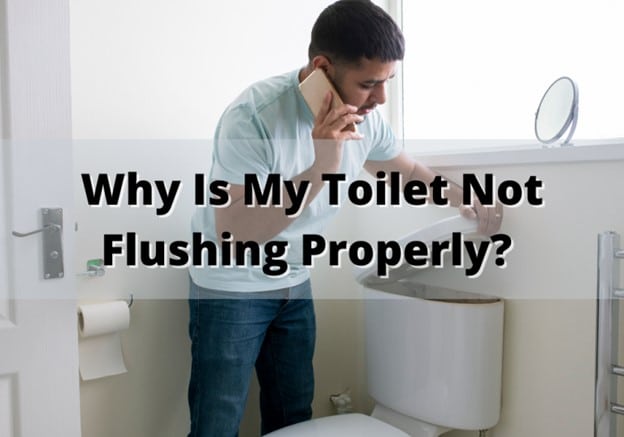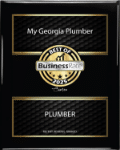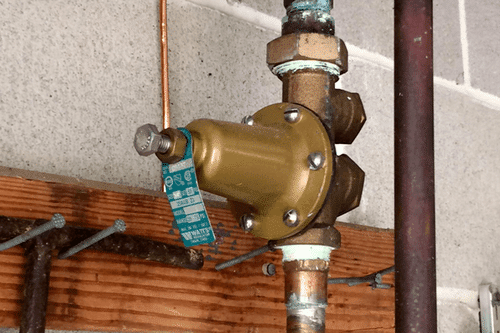
Why Water Pressure Regulators Matter (and How They Save Your Plumbing)
If you’ve ever had water blast out of the faucet like it’s trying to escape, or barely trickle out when you’re in a rush, you already know how annoying bad water pressure can be. But it’s more than just an inconvenience—it’s something that can quietly wear out your entire plumbing system over time.
That’s where a water pressure regulator comes in.
What Is It, Exactly?
Think of it like a middleman between your home and the city’s water supply. The water coming from the street often arrives at high pressure—sometimes well over 100 psi (pounds per square inch). That might sound like a good thing, but your plumbing wasn’t built for it. Too much pressure can strain your pipes, damage appliances, and shorten the life of everything from your water heater to your washing machine.
A pressure regulator does one simple job: it keeps that incoming pressure in check, usually reducing it to a more manageable level—typically somewhere around 50 to 80 psi. Not too much. Not too little. Just right.
Why It Matters
Without a working pressure regulator, you might notice a few things:
-
Faucets and shower heads that spray harder than they should
-
Toilets that randomly fill or leak
-
Pipes that knock or rattle when water runs (that’s not normal)
-
Appliances that fail faster than expected
-
Higher water bills, especially if there’s a leak forming somewhere under the radar
Even if none of those issues have popped up yet, high water pressure can still be quietly wearing down your system.
How Do You Know If You Need One (Or a New One)?
If your house doesn’t already have a pressure regulator, or if the one you have is more than a decade old, it’s worth testing your pressure. You can pick up a cheap water pressure gauge at the hardware store—just screw it onto an outdoor hose bibb and turn the water on.
If your pressure reads higher than 80 psi, it’s time to think about installing or replacing a regulator.
Leave It to the Pros
Now, this isn’t exactly a DIY weekend project. Installing or replacing a pressure regulator means cutting into your main water line, which needs to be done right—or you risk leaks and more headaches down the line.
That’s where we come in.
At My Georgia Plumber, we’ve helped hundreds of homeowners get their water pressure under control—safely, cleanly, and code-compliant. If your plumbing’s been feeling a little too aggressive lately, or if you’re curious about whether your system is protected, give us a call at 770-592-0081. We’ll test your pressure, walk you through your options, and get you back to smooth, stress-free water flow.


